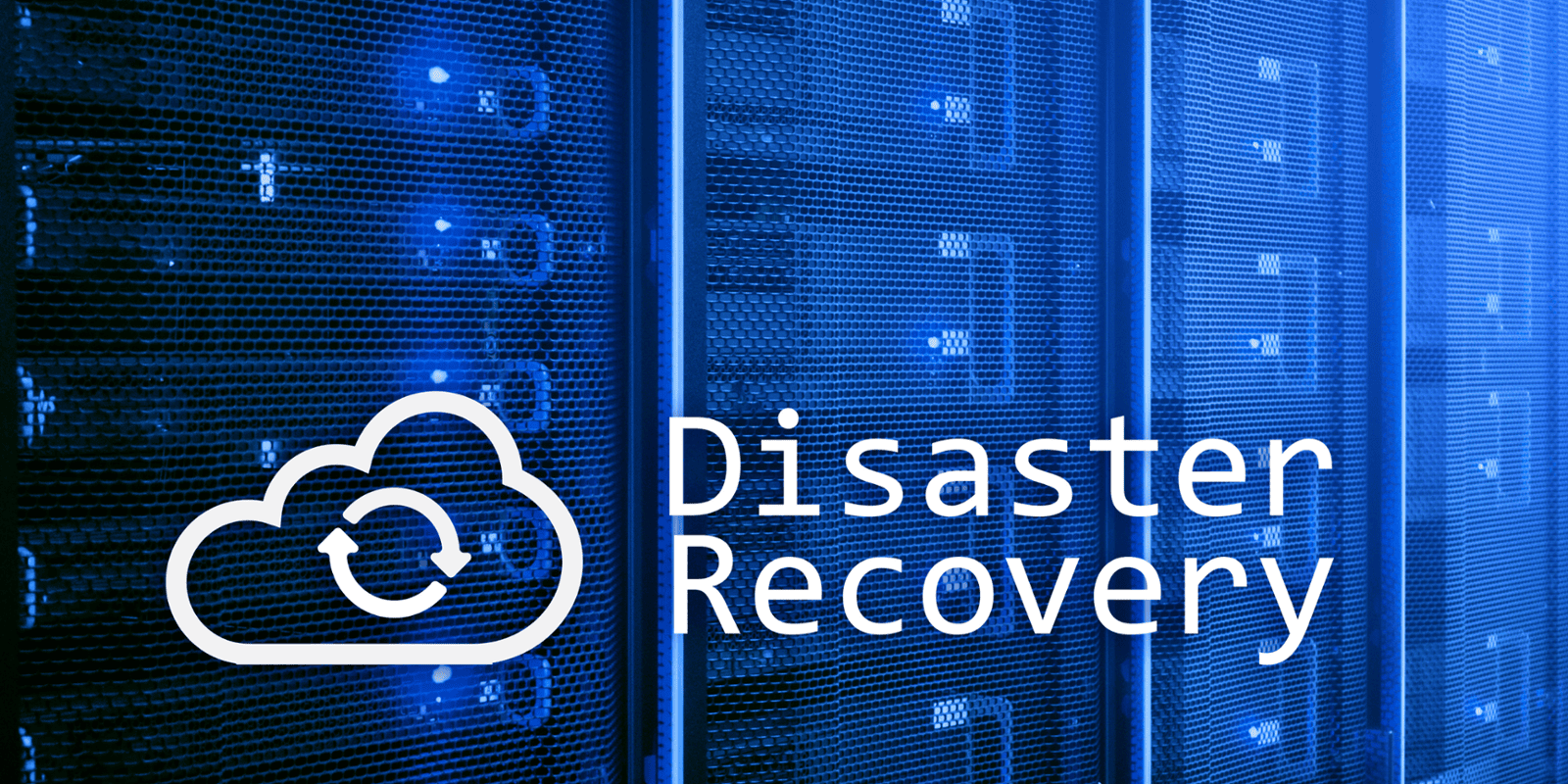Our Data Centers are equipped with state-of-the-art disaster recovery solutions, ensuring business continuity by securely replicating and hosting your critical IT infrastructure in an isolated remote environment.
Whether you're an SME or a growing enterprise, Everbex DRaaS supports rapid failover, routine testing, and full visibility over your disaster recovery environment. We help you meet your RTO & RPO goals, pass compliance audits, and gain peace of mind knowing your data is protected and your business is always on



